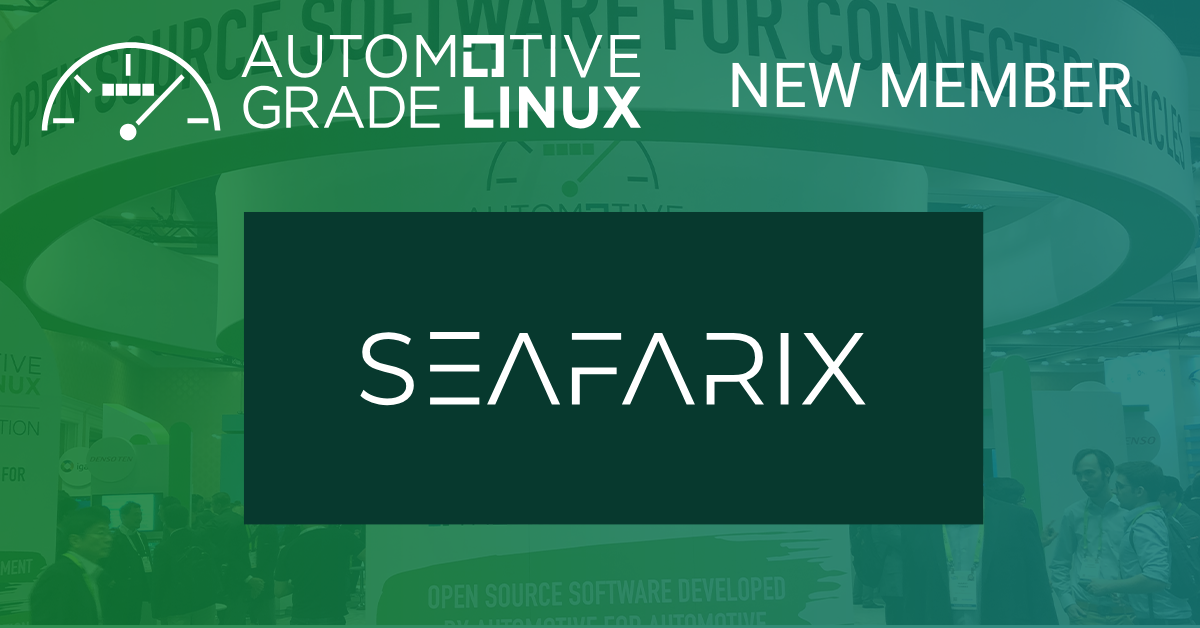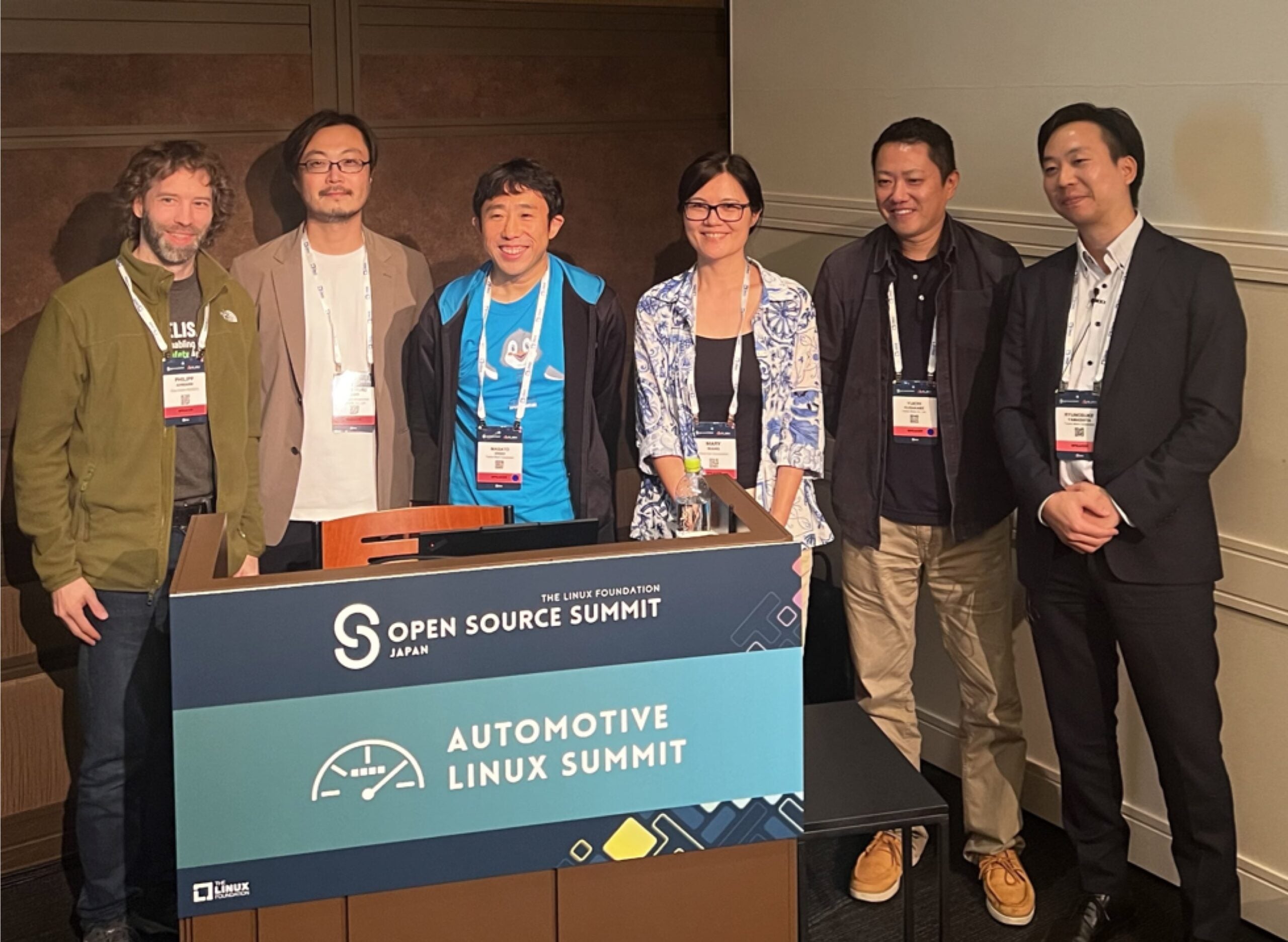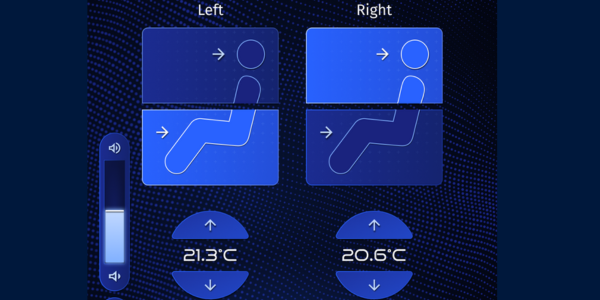Six U.S. companies further investments into connected car technology by joining The Linux Foundation’s Automotive Grade Linux project
SAN FRANCISCO, May 10, 2016 – Automotive Grade Linux (AGL), a collaborative open source project developing a common, Linux-based software stack for the connected car, today announced that Movimento, Oracle, Qualcomm Innovation Center, Inc., Texas Instruments, UIEvolution and VeriSilicon have joined Automotive Grade Linux. Additionally, it was announced that Movimento, UIEvolution and VeriSilicon have also joined The Linux Foundation.
“AGL has seen tremendous growth over the past year as demand for connected car technology and infotainment are rapidly increasing,” said Dan Cauchy, General Manager of Automotive at The Linux Foundation. “Our membership base is not only growing rapidly, but it is also diversifying across various business interests, from semiconductors and in-vehicle software to IoT and connected cloud services. This is a clear indication that the connected car revolution has broad implications across many industry verticals.”
Automotive Grade Linux recently hosted its All Member Meeting in Tokyo, Japan. The meeting brought together engineers, developers and business leaders from 39 member companies to share information, collaborate further on AGL open source technology and expand the ecosystem.
Earlier this year at CES 2016, AGL announced a new AGL Unified Code Base (UCB) distribution built specifically for the automotive industry. This new Linux distribution is built from the ground up to address automotive specific applications and is in a unique position to become the de facto standard for the industry. Ideal for deploying navigation, communications, safety, security, and infotainment functionality, the AGL UCB distribution is supported by a broad community of participants from the automotive, communications, and semiconductor Industries as well as individual developers.
About the new members:
Movimento Group Devoted to developing advanced technologies that help realize The Software-Defined Car™, Movimento Group utilizes its decade long history as a leader in automotive reflash services and its innovations in over-the-air (OTA) software. The company’s car manufacturer customers include GM, FCA and Volvo plus a wide range of Tier-1 suppliers including ZF, Bosch, Denso, Panasonic, Continental, Delphi, Visteon, Magna and others. “Movimento brings cutting-edge Silicon Valley technology to the automotive industry as we enable the era of the Software-Defined Car,” said Mahbubul Alam, CTO and CMO at Movimento Group. “Our strategic partnership with Automotive Grade Linux will speed up innovation and allow us to broaden the automotive ecosystem.” Oracle Oracle solutions help 20 of the top 20 global automotive OEMs and suppliers to accelerate innovation and time to market, which can lead to increased sales and enduring brand loyalty. “Oracle is pleased to join the Automotive Grade Linux project,” said Jim Wright, Chief Architect for Open Source Policy and Strategy, Oracle. “Oracle works closely with customers in the automotive sector. The open, standards-based approach of AGL can enhance our ability to timely deliver solutions to a community we are deeply invested in.” Qualcomm Innovation Center, Inc. Qualcomm Innovation Center, Inc. (QuIC), a subsidiary of Qualcomm Technologies Inc. (QTI), is focused on enabling and optimizing open source software for use with technology such as Qualcomm Technologies’ robust and scalable automotive portfolio, with integrated and discrete solutions ranging from telematics and connectivity to graphics and multimedia, machine intelligence and sensor fusion for ADAS applications, GNSS location technologies, V2X communications and wireless electric vehicle charging technology.
“The automotive industry is enjoying an unprecedented rate of innovation, fueled by a large number of connectivity and compute technologies coming together into the car” said Nakul Duggal, vice president, product management, Qualcomm Technologies, Inc. “Automotive Grade Linux will help car manufacturers take advantage of these technologies, accelerating the development of the cutting edge in-car experiences drivers demand today.”
Texas Instruments
TI’s state-of-the-art semiconductor products allow manufacturers and system suppliers to deliver world-class features to the automotive market. Our extensive automotive portfolio includes power management, interface and analog signal chain solutions, along with DLP® displays, ADAS and infotainment processors, Hercules™ TMS570 safety microcontrollers and wireless connectivity solutions. TI offers SafeTI™ ICs designed to facilitate OEMs’ compliance with the requirements of ISO 26262, as well as parts specifically designated as compliant with the AEC-Q100 and TS16949 standards, all with excellent product documentation.
“By deploying the Automotive Grade Linux project, we are enhancing the scalability of our infotainment portfolio and enabling our customers to accelerate their deployment of highly-innovative applications to create a more enjoyable and safer driving experience in the next-generation connected car,” said Curt Moore, Automotive Processors general manager, TI.
UIEvolution
UIEvolution was founded in 2000 with the vision of creating intuitive, connected software on all of the devices people enjoy using. UIEvolution is committed to driving innovation that meets vertical business’ highest quality requirements and creates historic changes in customers’ industries. As a powerful and agile organization, UIEvolution understands what it means to develop world-class Software as a Service (SaaS) products and solutions across a broad range of vertical markets, including Automotive, Cruise, Hotel and Retail.
“We are pleased to join Automotive Grade Linux,” said [insert name, title] of UIEvolution. “As a member, we hope to further the technology and develop an industry standard platform for seamlessly connecting to the cloud and bringing the mobile experience safely into the car.”
VeriSilicon Holdings
VeriSilicon is a Silicon Platform as a Service (SiPaaS™) company that provides IP-centric, platform based custom silicon solutions and end-to-end semiconductor turnkey services for a wide range of applications across a wide variety of end markets including mobile internet devices, datacenters, the Internet of Things (IoT), wearable electronics, smart homes, and automotive.
“Embracing open source and working with Automotive Grade Linux will help us further expand our solutions for automotive which are widely adopted in production and next generation automotive Instrument Cluster, ADAS and Infotainment platforms,” said Wei-Jin Dai, Executive Vice President and General Manager of Intellectual Property Division, and Chief Strategy Officer at VeriSilicon Holdings. “We applaud the momentum the AGL community has generated by brining together the leading automotive OEMs and the supply chain to to develop automotive solutions that improve functional safety, enhance security, shorten product development cycles and enhance quality across the automotive supply chain.”
Thirty new companies have joined AGL in the past year, bringing the member total to over 70. Ford, Jaguar Land Rover, Mazda, Mitsubishi Motors, Nissan, Subaru and Toyota are among the first carmakers to participate in the AGL collaborative project. Other members include Aisin AW, Codethink, DENSO, Fujitsu Ten, HARMAN, Intel, Mitsubishi Electric, NTT DATA MSE, Panasonic, Pioneer, Renesas Electronics, Wind River and many others.
About Automotive Grade Linux (AGL)
Automotive Grade Linux is a collaborative open source project that aims to accelerate the development and adoption of a fully open software stack for the connected car. Leveraging the power and strength of Linux at its core, AGL is uniting automakers and technology companies to develop a common platform that offers OEMs complete control of the user experience so the industry can rapidly innovate where it counts. The AGL platform is available to all, and anyone can participate in its development. Learn more: https://www.automotivelinux.org/
Automotive Grade Linux is a Collaborative Project at The Linux Foundation. Linux Foundation Collaborative Projects are independently funded software projects that harness the power of collaborative development to fuel innovation across industries and ecosystems. www.linuxfoundation.org
About The Linux Foundation
The Linux Foundation is the organization of choice for the world’s top developers and companies to build ecosystems that accelerate open technology development and commercial adoption. Together with the worldwide open source community, it is solving the hardest technology problems by creating the largest shared technology investment in history. Founded in 2000, The Linux Foundation today provides tools, training and events to scale any open source project, which together deliver an economic impact not achievable by any one company. More information can be found at www.linuxfoundation.org.
Additional Resources




